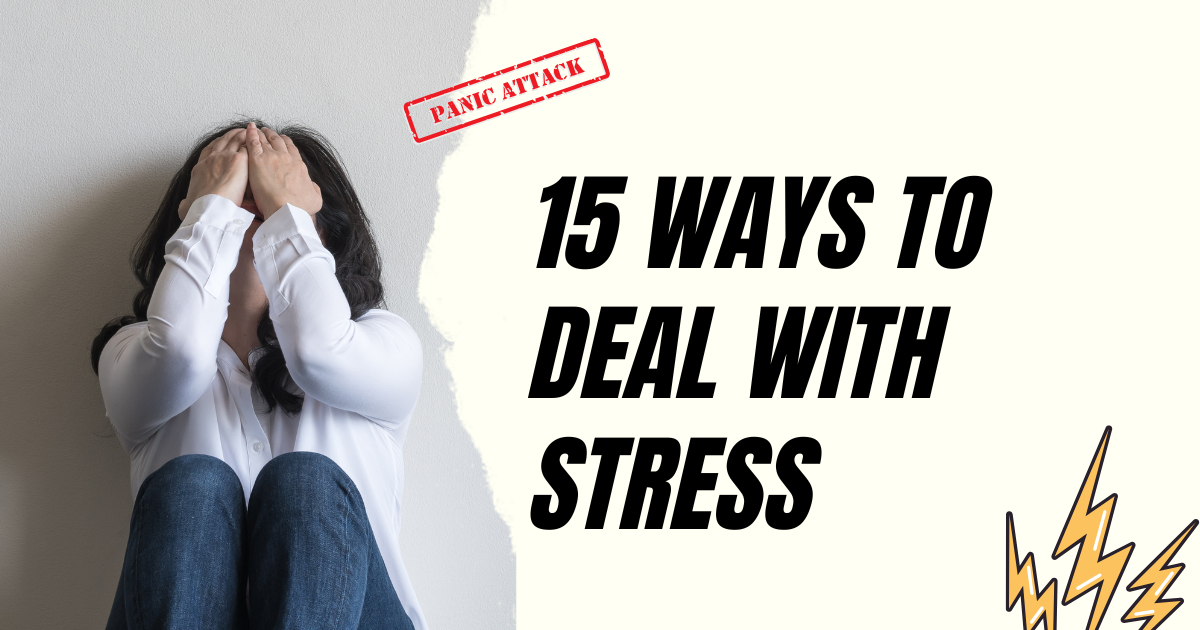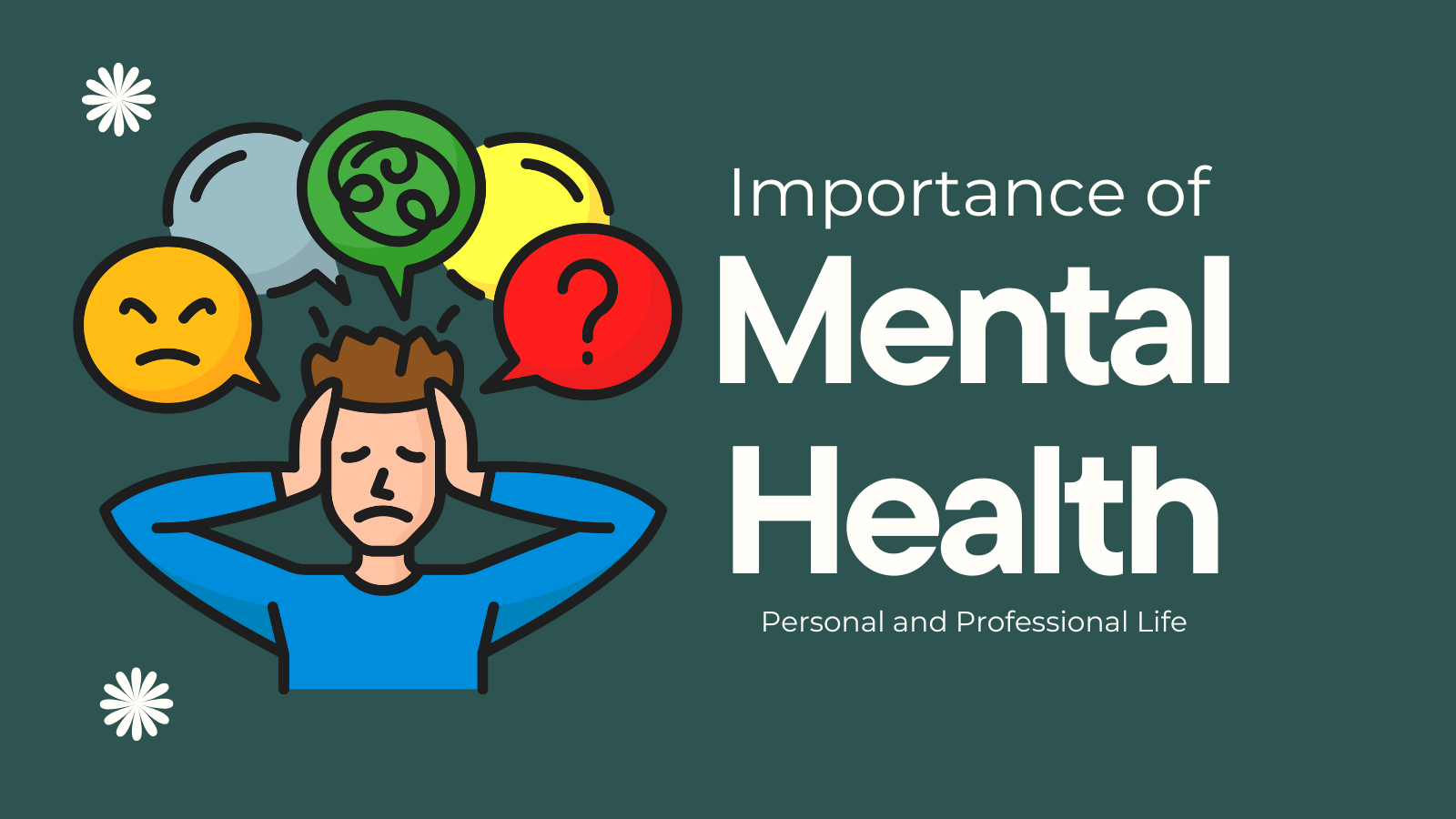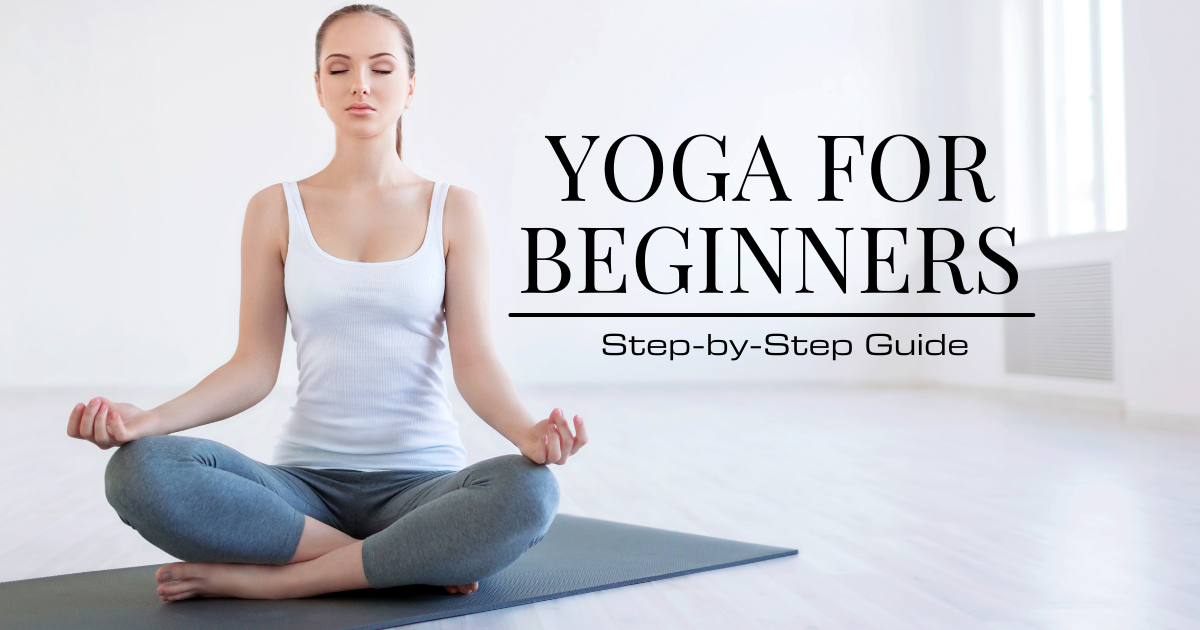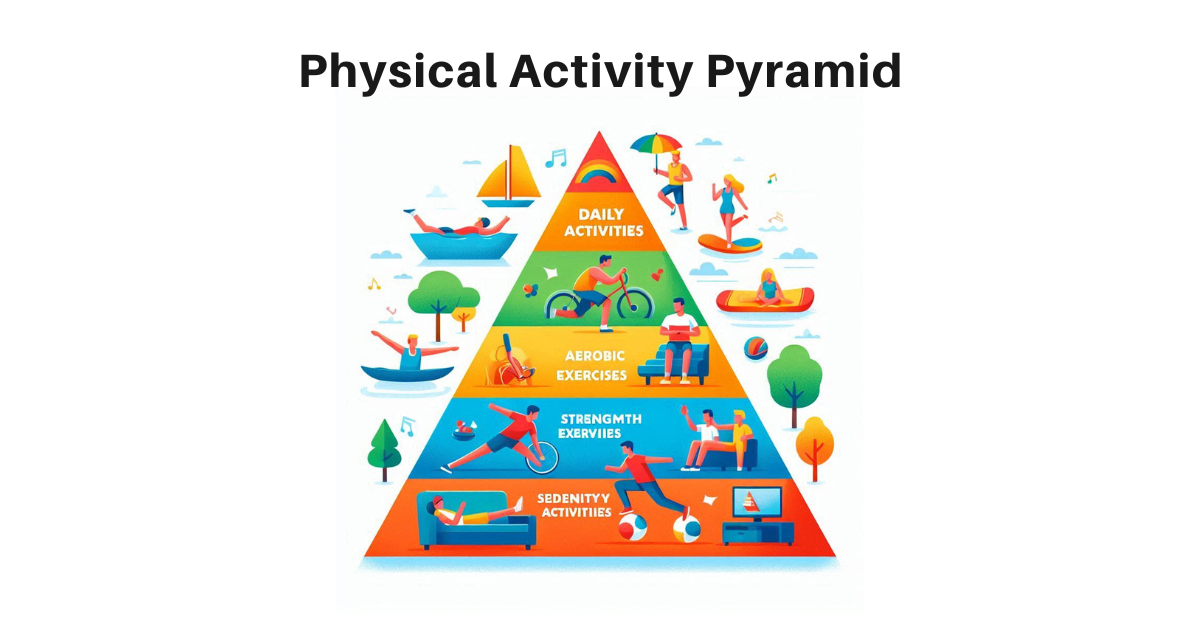Introduction
Stress is a normal part of life, but if it goes unchecked it can affect your mental and physical well-being. Trying out effective stress relief techniques can leave you feeling calmer or more focused or more in control. Let us get right into it — this blog is all about 15 effective methods to relieve stress.
1. Deep Breathing Exercises
Deep breathing is one of the fastest methods of relieving stress. Controlled breathing is said to help the nervous system become more regulated; it positively impacts blood pressure, and lowers anxiety levels. Take a deep breath in through your nose, hold it for a moment, and then slowly let it out through your mouth.
Key Benefits:
- Quickly lowers stress levels.
- Enhances the oxygen pouring into the brain.
- Aids in concentration and mindfulness.
The 4-7-8 breathing technique is particularly effective at helping you relax.
2. Meditation and Mindfulness
Mindfulness and meditation have been shown to drastically reduce stress as it encourages relaxation and self-awareness. Even spending just 5–10 minutes per day focusing on your breath or a guided meditation can create instant serenity. Meditation allows you to focus on the present moment and can help clear your head from overthinking and anxiety.
Some people use meditation apps, such as Headspace and Calm, to help establish a routine. It is not to stop thinking but to become aware of thinking without judgment. As you practice, meditation regularly improves emotional resilience and mental clarity.
3. Progressive Muscle Relaxation (PMR)
Progressive muscle relaxation (PMR) is a process of tensing and relaxing groups of muscles to undo pent-up stress. Start with your toes, clenching for five seconds, then relax. Go up your body, ending at your face and jaw. This is a very powerful way to lower the stress in the body.
How to Practice PMR:
- Prepare by finding a quiet place Where you can sit down or lie down comfortably.
- Tense each muscle group for roughly five seconds and relax for ten seconds.
- Work your way through your different muscles and also focus on deep breathing.
- Spend 10-15 minutes doing the exercise to relax your whole body.
4. Exercise and Movement
Exercise is a great coping mechanism because it releases endorphins and improves your mood. Things like walking, jogging , and dancing can take sway attention to the stressors and redirect that attention to movement. Even light stretching or yoga can help you feel more relaxed and balanced in your body and mind.
Best Exercises for Stress Relief:
- Yoga and Tai Chi
- Cardio workouts (running, cycling)
- Strength training
- Outdoor activities like hiking
Regular exercise is important for managing stress because it boosts physical and mental health.
5. Listening to Calming Music
Music has powerful influence onto the emotions and stress levels. Distant soothing sounds may speak to the nervous system and help you create a space of peace. Beautiful classical music, instrumental lullabies, and nature sounds are some excellent tracks for calming the nerves. Try adding some relaxing music into your daily routine, especially before bedtime.
What is more, listening to your preferred music can even increase the levels of dopamine, making you feel better and more relaxed. For relaxation and focus, some find binaural beats and lofi music particularly effective.
6. Aromatherapy and Essential Oils
Aromatherapy is an efficient stress-buster as the sense of smell is directly associated with emotions. The mind and body can calm down with the help of essential oils such as lavender, chamomile, and peppermint.
How to Use Essential Oils:
- Add a few drops to a diffuser.
- Apply diluted oil to pulse points.
- For a relaxing massage, combine it with carrier oil.
- Add to a warm bath for full-body relaxation.
7. Journaling and Expressive Writing
Journaling clears your head of all the stuff you carry around and reduces stress. Journaling about what you are grateful for shifts attention to the positive aspects of life, while keeping a journal where you engage in expressive writing helps you get rid of bottled-up feelings.
Try writing anything that comes to your mind for 5–10 minutes everyday This will be useful for you to get the trigger points about stress and help you process your emotions more effectively.
8. Spending Time in Nature
Being in nature can be the best form of therapy. Has going for a walk in nature, sitting by a lake or hiking in the mountains lifted your mood instantly? The flora and fauna, combined with the fresh air, sounds and space, are all magnificent stress-busters and help you feel more centered and rejuvenated as you approach your next task.
Benefits of Nature Therapy:
- Lowers cortisol (stress hormone) levels.
- Boosts mood and mental clarity.
- Encourages mindfulness and relaxation.
9. Practicing Gratitude
Whereas focusing on stressors, practicing gratitude makes you notice the good things. Each day, take some time to think about three things you’re thankful for. Writing down these experiences in a thankfulness diary might also help you develop a more optimistic outlook over time. Practicing gratitude towards friends, family, and others can help improve emotional well-being and strengthen relationships.
Research tells us that those who engage in acts of daily gratitude report lower levels of stress, improved mood, and even improved sleep. It could be as simple as thanking a coworker, appreciating nature, or thinking of positive events throughout the day, at the end of the day. The more gratitude becomes a habit, the more we are able to appreciate how the good outweighs the negative, nurturing our resilience and cultivating inner stillness.
10. Laughter Therapy and Humor
Laughter really is the best medicine. Whether it’s watching a funny movie, sharing jokes with friends, or even practicing some laughter yoga, these can all help you lower that stress level and lighten your mood.
Why Laughter Works:
- Reduces stress hormones.
- Enhances oxygen intake and circulation.
- Increases dopamine and serotonin levels.
11. Social Connections and Support
Our well-being relies on connections with others. Speaking with a friend or family member may help ease stress. If you can, do some meaningful discourse and socialize, which can make you feel connected and supported.
Research has found that individuals with strong social networks have lower stress and better mental health. Nurturing relationships gives us a feeling of connection and safety that can help defend us against everyday stressors. Even a phone call or video chat with a loved one can be a major mood booster.
Depending on personal connections, being in social or community groups can create a sense of existence and company. Offering care through a variety of activities, such as volunteering, joining groups around your hobbies, or joining religious or spiritual communities, can bring emotional and mental support. A little effort to nourish your relationships and social connections can greatly help you cope with stress and loneliness.
12. Herbal Teas and Natural Remedies
Some herbal teas have compounds that promote relaxation and reduce stress. Chamomile tea is relaxing and green tea contains L-theanine, which is calming, and peppermint tea eases tension. Drinking a warm mug of herbal tea before sleep can also help improve sleep quality.
Additional Natural Remedies:
- Ashwagandha: Adaptogenic herb that helps the body cope with stress and anxiety.
- Valerian Root: Commonly used to improve sleep and promote relaxation.
- Lemon Balm: Known for its ability to soothe the nervous system and ease tension.
- Lavender Tea: Has calming effects that aid in reducing anxiety and stress.
Incorporating these natural therapies into your regular routine can offer a more comprehensive approach to stress management.
13. Limiting Screen Time and Digital Detox
Too much screen time can lead to stress and mental fatigue. Screen-free hours, especially before bed, can help foster relaxation. Do activities that promote social engagement such as reading a book, painting, or mindfulness activities instead of spending hours scrolling through social media feeds.
14. Practicing Visualization Techniques
Guided imagery and visualization are exercises that allow your mind to take you somewhere peaceful. Close your eyes and think of an idyllic beach or a deserted forest, or a calm mountain retreat. Focus on each of your senses: hearing, taste, sight, smell, touch.
15. Prioritizing Sleep and Relaxation
Lack of sleep can amplify stress and anxiety. You need a stable schedule of sleep for a peaceful mind. Limiting caffeine before sleep, stopping the use of electronic devices in the evening, and introducing a calming pre-sleep routine can all benefit sleep quality.
Conclusion
Stress is unavoidable, but effective stress relief methods can help you lessen the stress, therefore increasing your quality of life. Integrate these 15 pieces of evidence into your day and experience calmer and more balanced experiences needlessly.
FAQ: Common Questions About Stress Relief
What is the fastest way to relieve stress?
Deep breathing, meditation, and even some good old stretching can really help you shake off stress in no time!
Can stress relief techniques help with anxiety?
Yes, many stress relief techniques, such as mindfulness, deep breathing, and journaling, can also help reduce anxiety symptoms.
How does exercise help with stress relief?
Exercise causes the release of endorphins, which are naturally occurring mood enhancers. They aid to alleviate stress and promote general mental health.
What foods help with stress relief?
Foods rich in magnesium, omega-3 fatty acids, and antioxidants—such as leafy greens, nuts, dark chocolate, and fatty fish—can help reduce stress.
How can I relieve stress at work?
Try desk-friendly stress relief techniques like deep breathing, stretching, listening to calming music, or taking a short walk outside.
Is it possible to completely eliminate stress?
No, stress is a natural part of life, but managing it effectively with these techniques can reduce its impact and improve your well-being.





